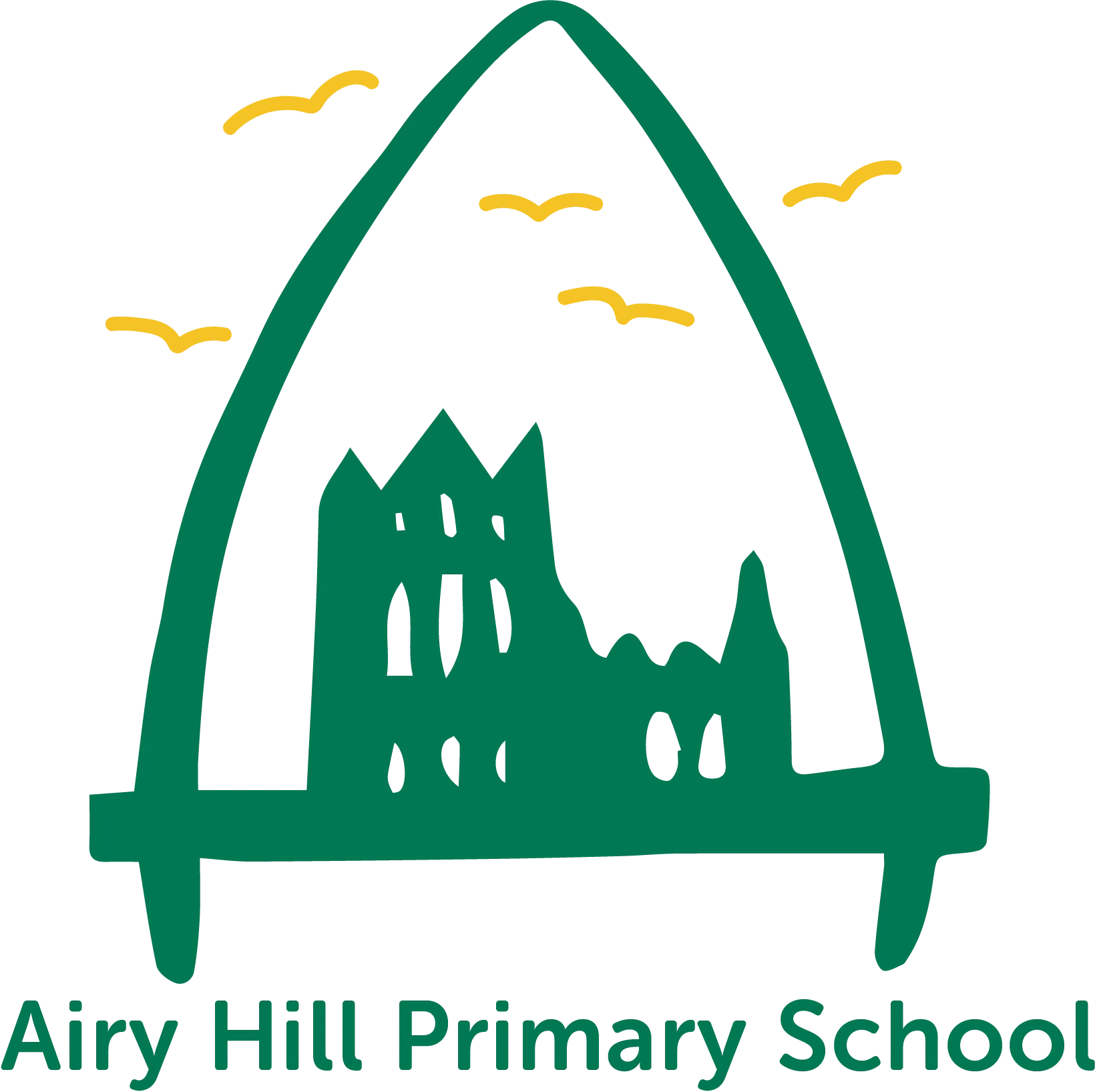At Airy Hill Primary School, as well as being a core subject, we are committed to how science opens up our understanding of how the universe works. Encompassing biology, physics, chemistry and Earth science, and an appreciation of how these disciplines interact, children’s study an engaging and progressive range of topics. Throughout their time at school, children develop and increasingly in-depth understanding of a wide range of scientific concepts; peeling away layers of each to reveal further knowledge and leave them wide-eyed. Over time, and as an ongoing process, we have developed a range of ambitious investigations and experiences, which provide both core understanding of topics and opportunities for higher-level discussion, exploration and introduction to more demanding scientific concepts. This provides children with scientific interest well beyond the curriculum and with strong progression onto the next stage of their education.

Being fortunate to have such an interesting school site, with school and community involvement, we have developed its use for the study of the natural world, with resources suitable for all ages and abilities. We believe strongly that science is a subject for all and have adapted activities to allow children to demonstrate understanding of scientific ideas, using a variety of methods. Science at Airy Hill supports and inspires children’s natural curiosity, helps them make sense of the world, investigate their own ideas and recognise that the development of our science understanding is an ongoing progress, to which all can contribute.
Science is taught in topics, which progress upon learning of previous years, and gradually develop complexity and depth. Alongside the core subject knowledge, children conduct a range of investigations, which enable them to develop their understanding of the scientific method and increase the depth of their knowledge. To support these investigations, which cover the five main investigation types (observing over time, pattern seeking, identifying, classifying and grouping, comparative and fair testing & research using secondary sources), we have developed resources to help structure children’s learning of science communicate their ideas and findings. These are matched to the working scientifically curriculum expectations of each key stage and are based upon a clear understanding of how scientists communicate. While providing a structure to support children’s scientific writing, they are used flexibly to adapt to the varying needs of learners, as well as the nature of the investigations being conducted. Scientific reports are a means by which scientists communicate their findings. Their logical and consistent structure reflects the scientific method. For children to be able to understand the process of the scientific method, it is important that they have the opportunity to produce a cohesive piece of work, which shows the series of steps involved. Children need to be able to explain which type of scientific investigation they are doing and to refer to scientific facts when making conclusions.
Although a number of learning objectives in the Key Stage 1 and Key Stage 2 curricula lend themselves to relatively discrete activities, many may be effectively investigated using the ‘working scientifically’ criteria, appropriate to the key stage (KS1, LKS2, UKS2). Although, due to time constraints, it may be desirable to ‘dip into’ some of the ‘working scientifically’ learning objectives, as appropriate to the activity, it will be highly beneficial for children to produce a complete report, which covers all (or most) of the criteria. This will a) enable children to experience the full scientific method, b) be a valuable cross-curricular literacy and numeracy activity, and c) simplify assessment and evidencing of the ‘working scientifically’ strand.
Throughout our study of topics and investigations, we emphasise the importance that science is for all and encourage teamwork and increasing independence. With a commitment to ambitious scientific study, we look for opportunities to utilise the knowledge and resources of local secondary schools and the wider scientific community. In addition, we integrate scientific learning with work in other subjects, particularly in English and maths, in order to develop, reinforce and embed skills learnt in other subjects.
Therefore, before the end of each key stage, children conduct a wide range of scientific investigations and write a number of scientific reports. To enable sufficient time for this, time is allocated in science lessons to plan, conduct, discuss and conduct relevant research for each investigation, literacy lessons for writing of the report and maths lessons for construction of graphs. Although computer-generated graphs are useful, especially if many need to be generated rapidly, the ability to draw neat, correctly-labelled graphs by hand is an important skill from primary education onwards. Through our varied, imaginative and ambitious curriculum, we aim to inspire children as to the wonders of science and leave them wide eyed.
